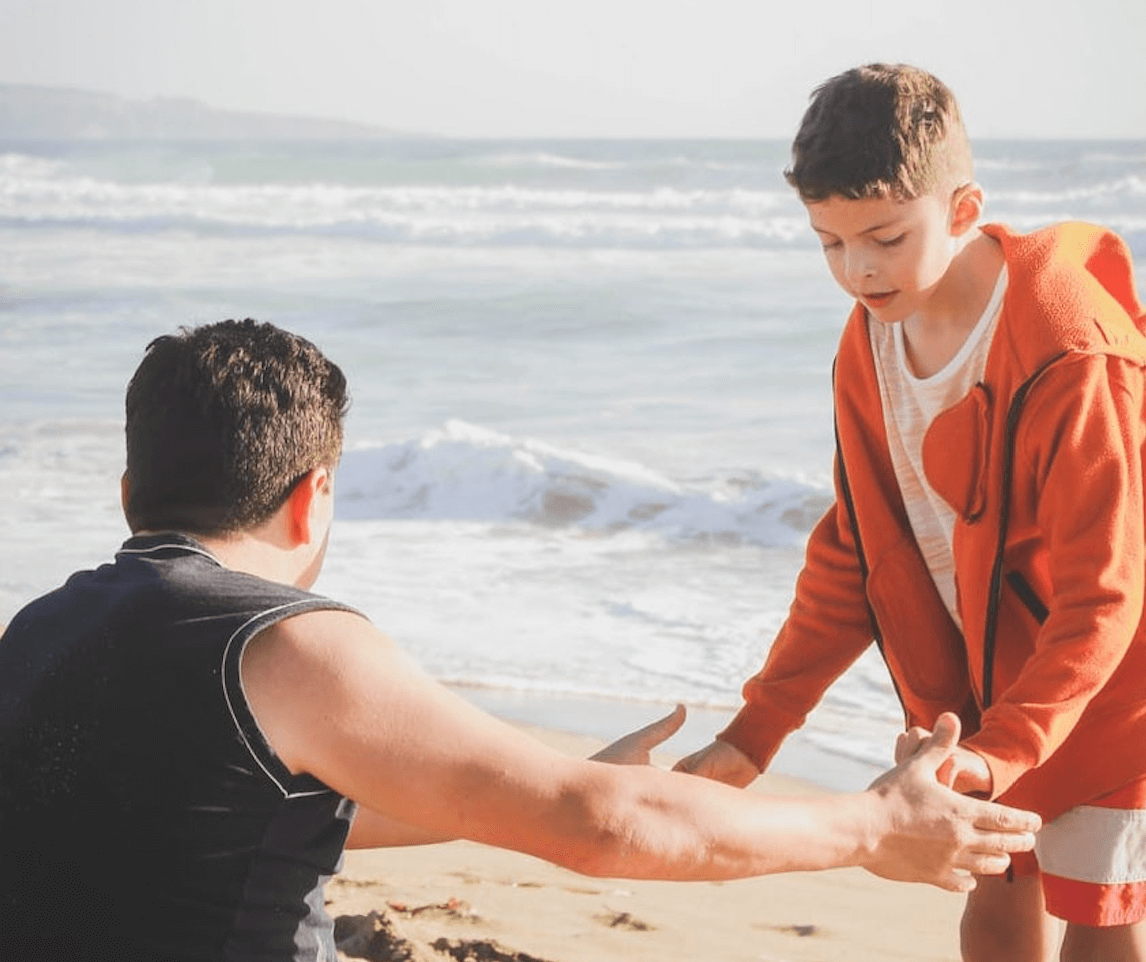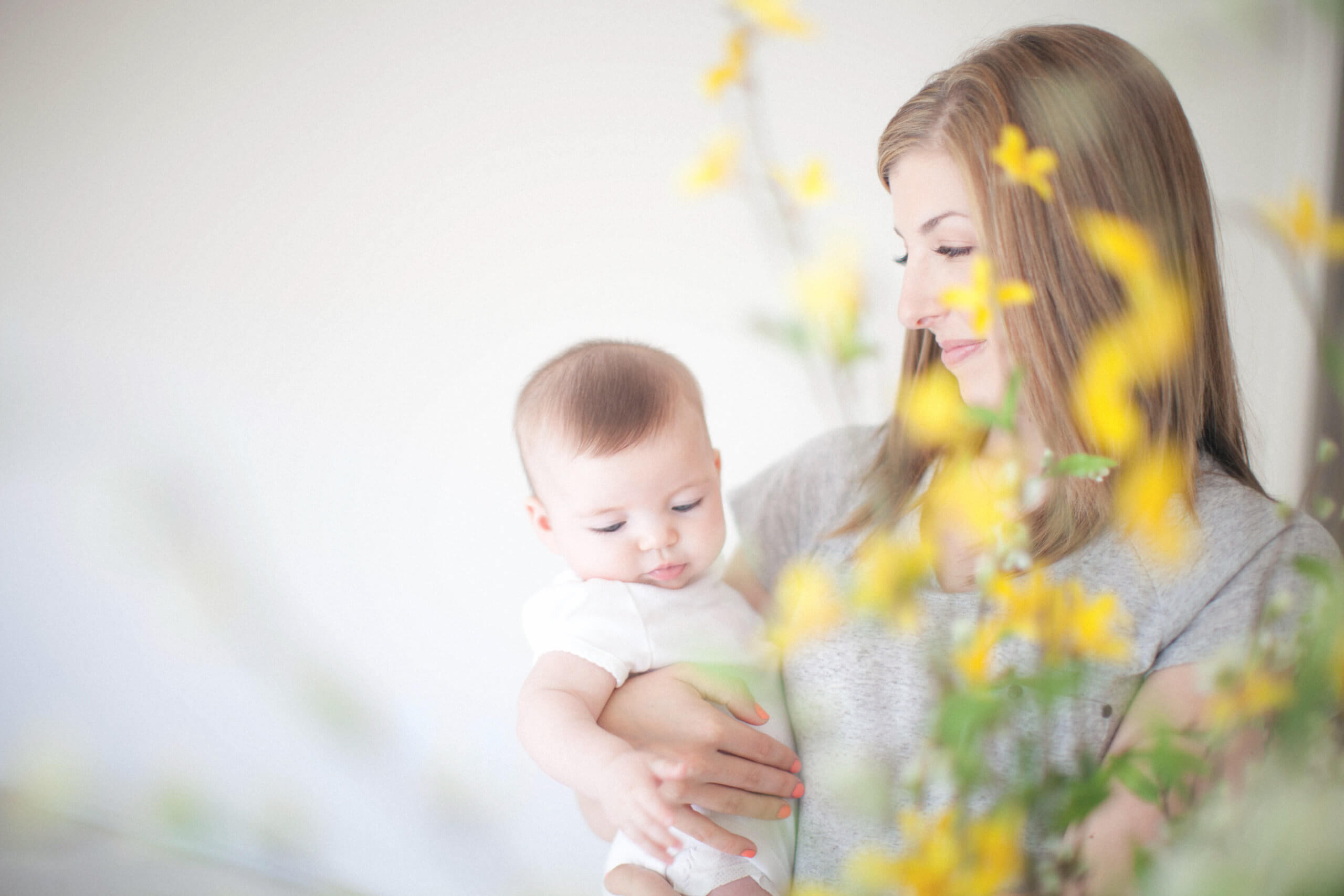Parents, we have a problem. It’s about our sons.
My two young boys love to wrestle. They love to play Army, Avengers, and wear superhero costumes.
They turn sticks into weapons. They turn markers into swords. They turn Legos into guns. I haven’t taught them these games. They just play them.
They have such big imaginations. But at what point does innocent childhood play turn into something more deadly?
A cause for concern
I was a senior in high school when the Columbine High School massacre occurred. As a student, it horrified me. It was hard to imagine two upper middle class boys my age, letting loose on their classmates.
Since then, there have been more incidents like Columbine, mass killings perpetrated by teens or young men. Some examples include: Sandy Hook, the Aurora theater shooting, the El Paso Walmart shooting, and many more.
My first thought upon hearing of these incidents is horror. Quickly after that, my horror is replaced with sadness.
What would cause a young adult, someone just past childhood, to murder so many?
Something is not right.
To develop in an angry world
As parents, we need to take a long, hard look at our family systems. I want to take this opportunity to draw your attention to something that haunts me—armed and angry children—specifically, angry boys.
I am not a psychologist or psychiatrist, but as an advocate for mental wellness, I see cause for concern. We know that our children’s mental health is not okay. Accoring to the CDC, the rates of suicide increased 56% from 2007 to 2017.
If suicide is increasing at such a substantial rate, it stands to reason that depression, anxiety, and many other associated emotions are increasing as a result. The Federal Bureau of Investigation arrest data records that young people, ages 16–24, have the highest violent crime rates.
Which leads me to question: how are we supporting the mental well-being of our children?
How can we teach our children (specifically, our young boys) to grow up in an angry world, yet be filled with the fruit of the Spirit?
How the brain responds
To begin, I feel it is important to understand basic brain development.
The prefrontal cortex is the portion of the brain responsible for processing emotions. It expresses empathy and connection and contributes to good decision-making. And it doesn’t fully develop in males until their mid-twenties.
When we have children who are in constant fight or flight mode, the amygdala is triggered. The amygdala is the portion of the brain responsible for emotional response. Factors such as life/school stressors, overstimulation from screens and video games, trauma, and household instability cause the brain to activate stress pathways in the amygdala.
These stress pathways throw off the balance between the developing prefrontal cortex and the amygdala and impair the regulation of the prefrontal cortex. Given the amygdala’s response to real or perceived threats, and its larger size in males, the resulting imbalance impacts how our boys are able to make reasonable decisions.
How should we respond?
It is important that we view teaching our children how to respond to stress and how to process unpleasant emotions as a primary duty of parenting.
For far too long, we have told our young men to stop crying, or worse: “Stop crying or I’ll give you something to cry about.” We shut down their emotions instead of helping them learn how to process them.
We allow them unlimited screen time, playing video games that drive up their dopamine and throw off the amygdala/prefrontal balance even more. We turn them into craving machines, to the point that activities like going outside and playing with real people become boring.
We set up consequences of isolation instead of leaning in and attempting to understand their outbursts and fits. We teach them to withdraw and shut down.
We don’t let them speak. We don’t let them feel.
Listen, I’m as guilty of this as anyone. Parenting is hard. Dealing with tantrums, whining, and the constant questions (when I’ve already said “no”) drives me crazy. I am not a perfect parent.
But I know nothing good comes from shutting down emotions.
I know this personally, from dealing with trauma as a child. When we stuff emotions, at some point, they are bound to outwardly explode.
We must be our kids’ safe space. We must be the place where they are allowed to cry and express their disappointment. We must seek to understand what is going on in their developing brains, as they make sense of the world around them.
6 Ways to Tune In
Here are six ways I have learned to tune into my boys’ needs (with the help of my counselor-husband, who deserves a big shout-out):
- Ask: “What are the tears about?” insead of, “Why are you crying?” Try not to shame them with the tone of your voice. Let them attempt to explain what is going on.
- Play a guessing game that validates them. Say something like: “It sounds like you’re feeling . . . sad, mad, hurt, or disappointed.” This practice can help young kids process emotions that they don’t understand. (p.s. The same game works in marriage relationships.)
- Instead of sending your kids directly to their rooms, sit them in your lap, beside you, or in close proximity, and ask them to have a chat. Say: “If you need a second to calm down, that’s okay, but I’ll be here to listen when you’re ready.” There may be a learning curve for young children, but it’s a good thing to put into practice.
- Model healthy processing of emotions. Sometimes, I have hard days and am visibly upset. When my kids ask me if I’m sad, or if I’ve been crying, my first instinct is to say: “No, everything’s fine.” But this response teaches avoidance. I’ve had to learn to say: “Yes, sometimes mommy has hard days. It’s okay to cry.”
- Teach them about Jesus’ emotions. Jesus got sad, he got angry, and he felt hurt. If we are to be like him, it is okay to show a range of emotions in healthy ways.
- Most importantly, teach them to love well. We recently had a conversation about the word “hate” at the dinner table. We told our six-year-old son that it’s never acceptable to use the word hate in reference to other people. We explained: “When you say hate, it’s the same as saying you wish that person was dead. All people are precious in God’s sight.” Each night we say a prayer with our boys, that they will be: warriors on the inside, gentle on the outside. I want my boys to have warrior hearts, always seeking truth in love.
Model it well
The way that our children see and perceive the world around them is one of the most important things about their development.
In fact, their nervous system is the first thing to develop in utero. I’d go so far as to say it is the number one thing we should be nurturing as they grow and mature.
Their internal response to the world becomes their external response.
The information they receive, and how they receive it, will determine their actions and attitudes throughout their lives.
We can raise strong, caring warriors who value life. It’s all in how we model it.





